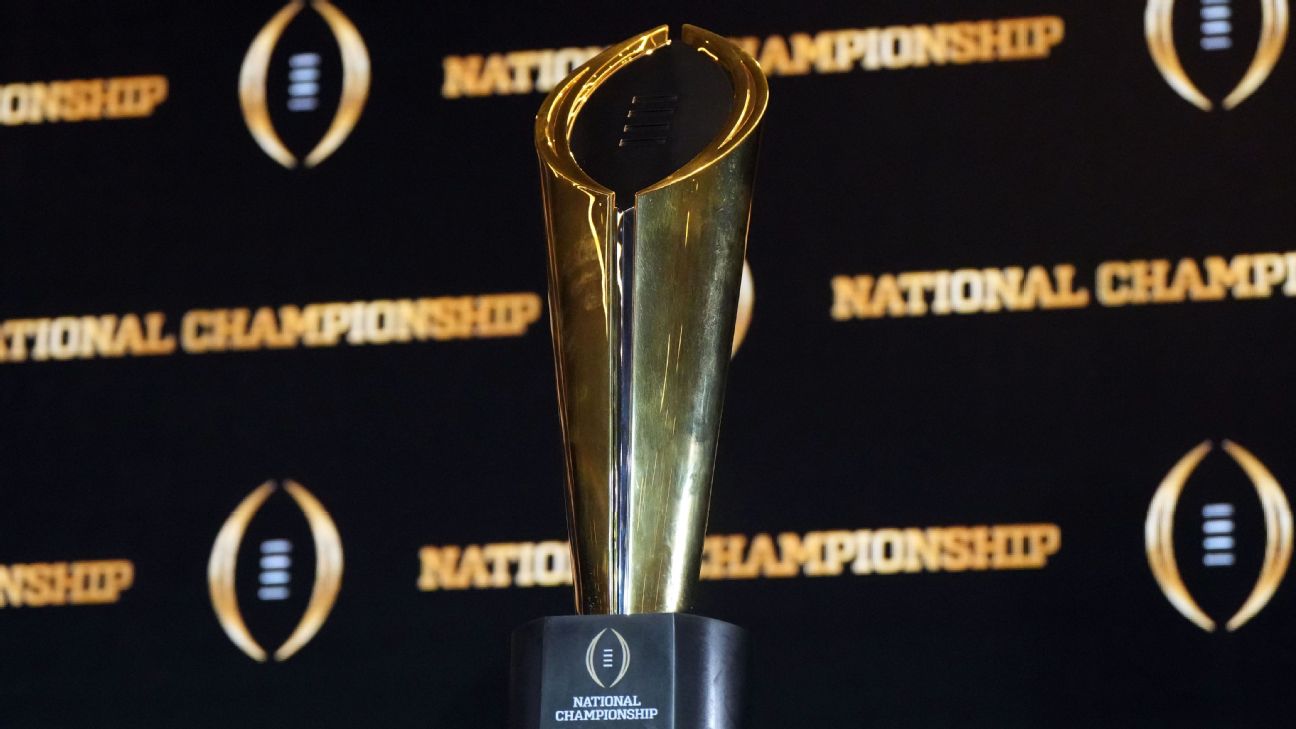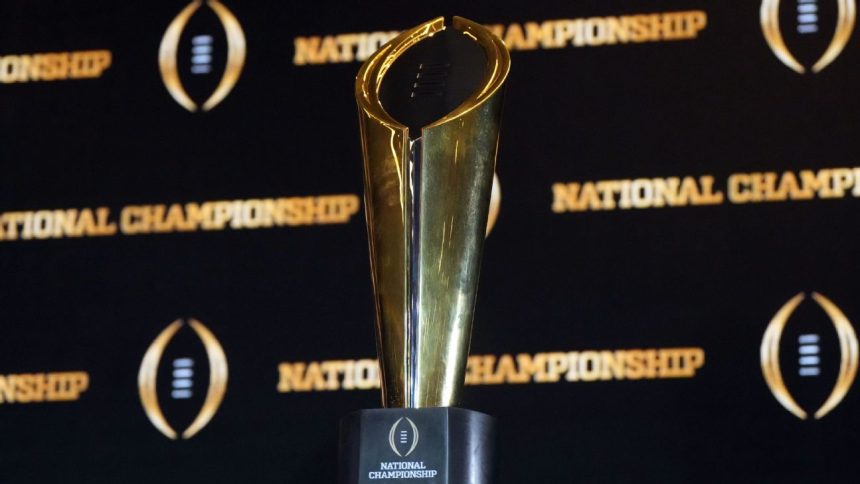
Incoming American Athletic Conference commissioner Tim Pernetti, who will have a seat on the College Football Playoff management committee, said the evolution of the sport’s postseason is “encouraging,” but there’s also “room for more” beyond the CFP and current bowl system.
“When I say room for more, maybe it’s not what the right number is for the CFP — I don’t know. But what I do know is, if you look at how many institutions are playing Division I football, there’s room for more beyond the CFP,” said Pernetti, a veteran college sports executive and president of IMG Academy. “There’s postseason opportunities that don’t exist that could be created to enhance the postseason or complement the postseason and the bowl season.”
Pernetti, a former athletic director at Rutgers, will join the eight other FBS commissioners at the CFP spring meetings later this month in Irving, Texas with retiring AAC commissioner Mike Aresco, who was the only commissioner to lead the league in its 11-year history. The playoff will unveil a 12-team format this fall that will continue next year, but there is also strong support for a 14-team model that could begin as soon as 2026.
Pernetti said “tearing down the walls and having transparent conversations has never been more important” for the commissioners and CFP leaders.
“It’s not personal,” Pernetti said. “We have to remember we’re acting on behalf of hundreds of thousands of other people that don’t get to be in there.”
Pernetti, who also has professional experience as a television executive and from his time as a chief business officer for MLS’ New York City FC, inherits a conference that has gone through significant realignment. The AAC recently added Rice, UTSA, North Texas, Florida Atlantic, UAB and Charlotte. He said “nothing is off the table” when it come to adding more members.
“There’s always room, but there has to be a criteria,” Pernetti said. “And there has to be a specific way to evaluate and analyze what makes sense.”
Pernetti also said private equity in college athletics is an “opportunity,” and pointed to examples such as partnerships in sponsoring and naming rights as “something that can be done.”
“Private equity has been heavily investing in sports for an extended period of time already,” Pernetti said. “And it’s like it’s circling the neighborhood in college sports but hasn’t parked its car in anyone’s driveway yet. I think that’s inevitable.”
Pernetti said he has already begun to tap into some of the relationships he has outside of the college industry to discuss opportunities “to take some big swings at some things and do things differently.”
“The investment and the challenges and changes continue to accelerate,” Pernetti said, “and I think we need to do some things differently in order to keep up with it.”









